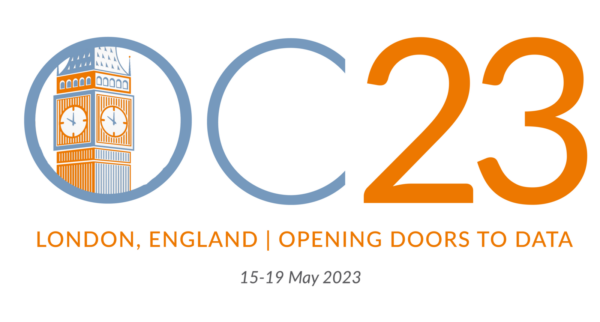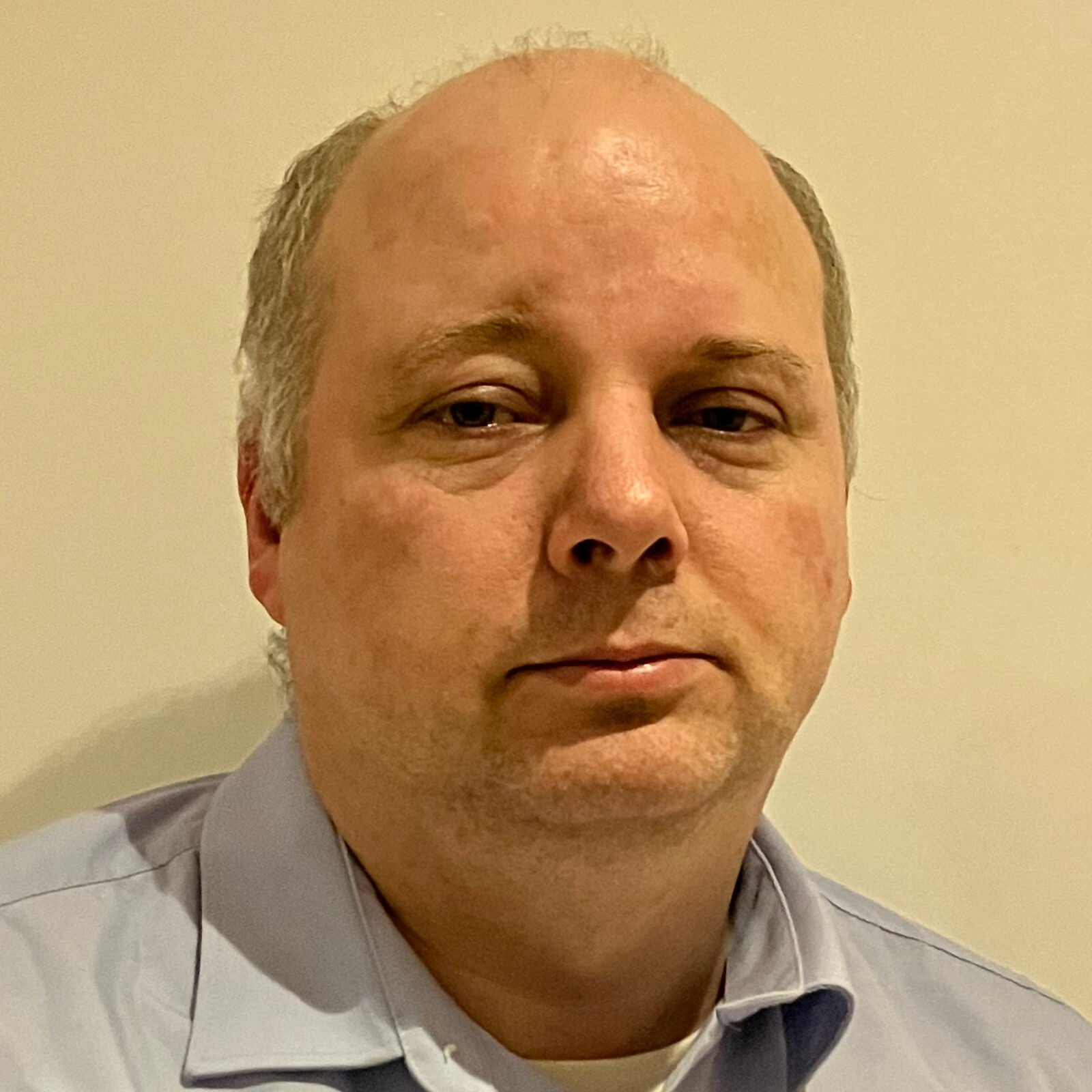- Solutions
- All Solutions
- Consent
- Electronic Data Capture (EDC)
- EHR-to-EDC Integration | eSource
- Electronic Patient Reported Outcomes
- Randomization for Clinical Trials
- Recruit | Patient Recruitment Solution
- Reporting
- Share | Mobile Data Sharing for Research
- Services: Study Configuration | Migration | Integration | Training
- Oncology Clinical Trials
- Resources
- Blog
- Events
- About
- Contact
This year it’s all about opening doors to data so you can get your job done easier, faster and better than ever. We’ll spend our time together creating studies, building and optimizing forms, and getting comfortable with all the new features, enhancements and functionality you’ve come to expect from us.
In addition to our expert training professionals, we’re featuring special sessions created by customers. The main conference offers two programming tracks to expand your choices and best match educational experiences with your interests.
Join us for two, three or five days packed with hands-on learning.
Agenda
Main conference, workshops and training available separately or together.
Main Conference (15 - 16 May)Workshops (17 May)Super User Training (17 - 19 May)
Main User Group Conference
Monday, 15 May, 1130 – 1635
1130 – 1230: Welcome Lunch
1230 – 1320
1330 – 1420
1420 – 1440: Coffee & Tea
1440 – 1530
1540 – 1630
17:00 – 20:00: Included in Registration: Dinner & Drinks at Coco Momo Kensington!
Tuesday, 16 May, 0800 am – 1630
0800 – 0900: Breakfast
0900 – 0950: Keynote: Opening Doors to Data
1000 – 1050
1050 – 1110: Coffee & Tea
1110 – 1200
1200 – 1250: Lunch
1300 – 1350
1400 – 1450
1500 – 1545
1545 – 1630
Note: Registration includes breakfast, lunch, tea and Monday’s dinner.
Workshops
Wednesday, 17 May, 0800 – 1530
Workshop One: The Art of the Possible: Insight Dashboards & Reporting
In this full-day workshop you will dive into the best-kept secrets of OpenClinica Insight. You’ll learn how to take full advantage of built-in reporting and dashboard creation to get your job done easier, faster and more accurately than ever before. It’s past time to ditch spreadsheet reporting and let purpose-built technology do the heavy lifting for you.
Suitable for: All skill levels
Learning objectives: You’ll walk away knowing:
-
- What data are in Insight and how they are organized
- Where to find key data reports across: clinical data, statuses, summary-level study information, SDV, Queries and audit logs
- How to build and use both basic and advanced visualizations using built-in tools
- How to build dashboards for yourself and external stakeholders
- What the basics of relational databases are and their value to Insight success
- How to combine data from different tables
- What SQL is, how to craft SQL queries, and which built-in tools help you work with SQL in Insight
We’ll also explore advanced Insight capabilities such as embedded reporting on PDP, Participate or third-party apps; segments and metrics; URL generation for linking to OC pages.
Workshop Two: Advanced Form Building & Logic Calculations
Are you ready to take your OpenClinica form-building skills to the next level? This full-day workshop will cover best practices for creating eCRFs and advanced XPath calculations to help you optimize your study efficiency and data quality. In a step-by-step process, you will add new techniques and skills across key form concepts. We’ll explore guiding principles of study design; design roles and responsibilities, how to create libraries, manage timelines, develop time-saving cross-form calculations, and how to test your study design process before implementation.
Suitable for: Users who have either attended super user training or have some form building experience.
Learning objective: You’ll walk away knowing:
-
- How to improve data quality with form design best practices and study build methodologies
- How to improve data reliability through cross form calculations and error checking methods
- How to use complex calculations to process, move, and reuse data for skip logic and edit checks
- When and how to use XPath expressions
- How to add filters to your expressions to target specific datasets based on user entered data
We’ll also focus on developing the problem-solving skills you need to walk through any form-building challenge.
Workshop schedule (both workshops):
0800 – 0900 – Breakfast
0:00 – 1200 – Workshop, part one
1200 – 1300 – Lunch
1300 – 1530 – Workshop, part two
Note: Workshops held in parallel with each other and the first day of SUT. Additional fees apply for workshops and super user training, See registration page for details. Registration includes breakfast, lunch and tea.
Super User Training (SUT)
Wednesday – Friday, 17 – 19 May
Our most comprehensive course that prepares data managers and study designers to productively work with OpenClinica. This highly interactive, in-depth training is designed and taught by the same professionals who design, build and test the OpenClinica software.
Learning objective: Become a confident and effective study builder; enhance existing skill; optimize settings and workflows; learn often overlooked functionality; troubleshooting; tips and tricks.
Suitable for: All skill levels
Note: The first day of SUT is held in parallel with workshops. Check workshop tab for details.
Wednesday 17 May
0800 – 0900 – Breakfast
0900 – 1200 – System demo; introduction to workspaces; form building basics
1200 – 1300 – Lunch
1300 – 1530 – Publishing to test; testing form logic; review and revise; leveraging OC resources and support
Thursday 18 May
0800 – 0900 – Breakfast
0900 – 1200 – Publishing to production; sharing the study internally and externally
1200 – 1300 – Lunch
1300 – 1530 – Advanced form features (e.g. calculations, cross-form logic, external lists)
Friday 19 May
0800 – 0900 – Breakfast
0900 – 1200 – Data imports; data extracts; reporting, dashboards and data visualization
1200 – 1300 – Lunch
1300 – 1530– Managing ePRO and randomization modules; notification actions; scheduling rules
Note: Additional fees apply for workshops and super user training. See registration page for details. Registration includes breakfast, lunch and tea.
Featured Speakers
-

Amanda Bravery
Head of ICT, at Imperial Clinical Trials Unit, Imperial College
Amanda is a highly skilled manager and leader with over 25 years industry experience from working in a large Contract Research Organisation, Pharmaceutical company, and the last 12 years in an academic Clinical Trials Unit.
Included in her successes, is the introduction of new systems into Imperial College for electronic Clinical Data Capture and undertaking systems migration working with stakeholders nationally and globally, with consideration for Business Continuity, Information governance, IT Security, Audit and Quality management. Amanda is Chair of the UKCRC Data and Information Systems Operational Group (DaISOG) and a member of the ACDM Data Management Expert Group.
Amanda and her team recently migrated more than 12 ongoing studies from a legacy system to OpenClinica. More impressively, they accomplished this feat in around 12 months without study interruption. Amanda will speak candidly about her and her team’s experience. It’s a session not to be missed.
-

Andrew King
Head of Trials Programming, Oxford Population Health
Andy joined the National Perinatal Epidemiology Unit in 1996 after working as a self-employed programmer for several University of Oxford colleges and the NHS. He has worked on many national and international trials with particular responsibility for the randomisation systems. In 2014 he was appointed Head of Trials Programming, and is responsible for the IT management of the NPEU CTU’s work including the computing aspects of the design and conduct of all NPEU CTU randomised controlled trials.
-

David Murray
Senior Trials Programmer, Oxford Population Health
David is the Senior Trials Programmer at the National Perinatal Epidemiology Unit, and has over 11 years’ experience working on the IT and data management aspects of the NPEU CTU randomised controlled trials. He has a particular interest in clinical trial data management and is a member of the Association for Clinical Data Management.
-

Hugh Glover
Technical Director, HL7 Vulcan Accelerator
Hugh Glover is a data modeller, software developer and architect. He has worked on development of clinical decision support systems, national and international drug data bases including IDMP, data modelling including the BRIDG model and implementing that for a leading clinical research organisation. He has been a member of HL7 for over 20 years and was elected fellow in 2016. He is a past co-chair of the Pharmacy WG and of the Biomedical Research and Regulation WG. He has been Technical Director for the Vulcan FHIR Accelerator since it was founded.
-

Jonathan North
Principal Programmer, S-Cubed Biometrics
Jonathan North is a Principal Programmer with 20+ years in the industry, mostly working with CROs.
For the last 10 years he has been working for S-Cubed Biometrics Ltd, where his responsibilities include creating databases, assisting the Data Managers in running studies and the creation of SDTM and ADaM datasets in SAS.
With S-Cubed he has been using OpenClinica since 2015, starting with OpenClinica 3, adopting OpenClinica 4 very early. -

Dan Milgram
Senior Director, Bioinformatics and New Technologies, CCS Associates
Dan is a systems analyst with expertise in managing full-stack development of novel technologies for the clinical product development life cycle. He has a broad background in clinical, safety/pharmacovigilance and regulatory information systems development and validation. In 2009, he built and implemented the CDMS for a multi-national, multi-government study using OC3 Community integrating clinical and biospecimen data in 3 languages (English, Spanish and Portuguese). In 2015, Mr. Milgram designed and developed a Safety Data Management System (SDMS) using OC3 Community, which is currently in use.
In 2022, Mr. Milgram (along with Galen Tran of OpenClinica) co-authored the KA, Creating a Safety Data Management System (SDMS) in your current instance of OpenClinica. Currently, with the assistance of OpenClinica, he is in the process of upgrading the SDMS to leverage new features available on the OC4 Enterprise and Insight platforms.
Dan’s session will focus on designing with the end goal in mind as he walks us through how to create a safety data management system within OpenClinica and how to design
-

Tony Brady
Founder, Sealed Envelope
Tony Brady is a qualified medical statistician who founded Sealed Envelope in 2001 to offer an online randomisation service for clinical trials. Previously Tony had worked at the MRC Clinical Trials Unit and Imperial College London UK as a research statistician, and provided independent statistical support to the data and safety monitoring committees for both industry and publicly funded clinical trials.
Tony’s presentation focuses on best practices for high-quality randomization and supply management.
-

Ed Chappell
Consultancy Team Lead, Formedix
Ed Chappell has been working as a Solutions Consultant with Formedix for over 13 years. He authored and presents our training courses for SEND, SDTM, Define-XML, ODM-XML, Define-XML and Dataset-XML. Ed was heavily involved in the development of our ryze dataset mapper, and works closely with customers on SDTM dataset mapping. As an expert in clinical data programming, Ed also supports customers with Interim Analysis (IA) SDTM and FDA SDTM clinical trial submissions.
-

Cal Collins
Co-Founder & CEO, OpenClinica
Cal co-founded OpenClinica with colleague Ben Baumann in 2006. He co-led a collaboration with an OpenClinica client and the US Food and Drug Administration (FDA) that won Bio-IT World’s 2022 Innovative Practice Awards for their work on the OneSource initiative integrating EHR and EDC systems. He has been active in standards development work for many years, including as a member of CDISC’s Operational Data Model V2 feature team and the HL7 Vulcan Advisory Council and Steering Committee.
Cal will deliver this year’s keynote: Opening Doors to Data
-

Ben Baumann
Co-founder & COO, OpenClinica
Ben co-founded OpenClinica with colleague Cal Collins in 2006 to make it easier for study teams to carry out high-quality clinical research using modern technology. As OpenClinica’s chief operating officer, Ben has helped develop the company into a leading provider of cloud-based solutions to automate and accelerate clinical trials and deliver a superior end-user and patient experience. His passions include finding human-centric ways to unlock existing sources of real-world data for clinical research. Ben earned a bachelor’s degree with honors from Harvard University.
Ben’s session on different modes of data capture to build data pipelines is especially relevant as more and more sources of medical data are making their way into clinical research.
Logistics
LocationLodgingDirections
Conference Location
58 Prince’s Gate, London SW7 1QQ
Owned and run by Imperial College London, 58 Prince’s Gate forms part of the Freake Estate, designed by Charles James Freake in the 19th century. Located in the heart of South Kensington, this impressive house boasts Edwardian features, original chandeliers and historic paintings. 58 Prince’s Gate is easily accessible by public transportation and close to downtown and major attractions.

Monday Evening Dinner & Drinks
Coco Momo Kensington
25 Gloucester Rd, South Kensington
Coco Momo Kensington is a bright and airy café, bar and British brasserie in one of London’s most sought after areas.

Lodging
South Kensington is home to many lovely accomodations within walking distance of the conference venue.
We have arranged a discounted rate for conference attendees at The Bailey’s Hotel London Kensington.

Details
Discount: 10% off online rates and reduced breakfast from £22.50 to £15 per person
Use code: Openclinica
Travel dates: 14.15.2023 to 20.05.2023
Guests need to provide credit card to guarantee the booking.
Online payment link will be sent once booking confirmed.
Cancellation policy is 30 days before date of arrival.
Call 44 2073 736000 or email Groups.Baileys@millenniumhotels.co.uk
Note: Lodging and transportation are not included in registration.
Conference address: 58 Prince’s Gate, London SW7 1QQ
Monday’s dinner: Coco Momo, 25 Gloucester Rd, South Kensington, SW7 4PL













